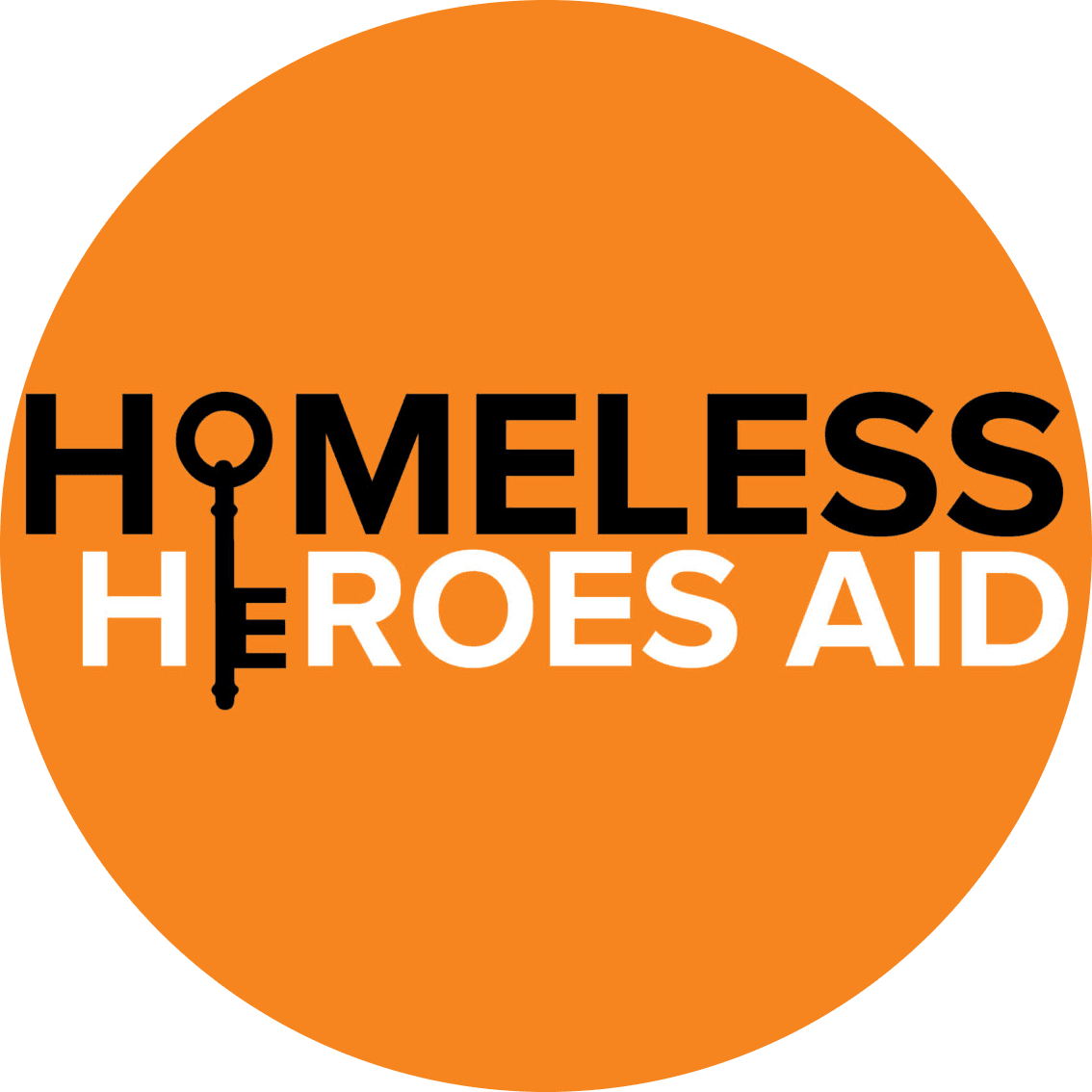Our Three-part Model

Rehabilitation
The key theme of our all of our campaigns is to empower homeless and vulnerable individuals in crisis. We aim to accomplish this by providing ongoing psychotherapy support to our service users as well as helping them deal with any substance abuse problems.
Our rehabilitation Service works to support homeless and vulnerable individuals who have mental ill-health and also require help to deal with substance misuse. We are working to open up a Service that will be run by specially trained nurses and practitioners who understand the issues dealt with by homeless and vulnerable individuals and can identify and help service users to access the right support from the right service.
Many people think that Veteran mental illness leads to homeless but a lot of Veterans end up on the street and then suffer mental health issues. Vulnerable individuals are further groomed, with some developing drug addictions. It is very disappointing that the people who are most vulnerable in our society and who need our help the most actually get it the least.
All homeless individuals have faces and names and stories. They once lived empowered and meaningful lives fighting for our country. Now they return vulnerable and feeling helpless and destitute thus turning to the streets where they are constantly on the move to get what little help they can. Most of the help they do get doesn't even come from the authorities, it comes from charities like ours.
Employment
Many vulnerable individuals and individuals from marginalized groups become naturally distressed by poverty, debt, unemployment, and lack of education or skills and therefore turn to homelessness, the treatment of which is action not self or prescribed medication.
We aim to work with our service users leaving homeless shelters to start independent lives and at this stage, we would have equipped them with the skills required to look after themselves financially. These include, money management, CV writing, benefits advice and skills training, education or work placement.
Housing
Cycle of homelessness
Example, Mr X has been living on the streets on-and-off for the past five years after leaving military service. One may ask: how hard it is to break the cycle of homelessness without support from friends or family? Extremely hard! Many of the homeless Veterans we have spoken to say you have to be incredibly motivated once you find yourself in that situation to get yourself out.
Because society sees homelessness as largely self-inflicted, the sight of a homeless person bedding down for the night in a doorway, or asking for change on a street corner, doesn’t provoke the sort of reaction that it should.
It doesn’t help that the Internet is swamped with thousands of images of homeless people sleeping in doorways and on park benches – images taken from a distance that reveal almost nothing about the individual being photographed, or the struggle that he or she faces on a daily basis.
Homelessness is normally the result of a complex combination of different personal, social and structural factors, some of which may be outside the control of the Veteran. These factors may build up over time until the final crisis moment that forces a Veteran to become homeless. According to a study commissioned by Charity Shelter, homelessness can rarely be attributed to one single factor or event.
The idea that former submariner, Dave, might find himself sleeping rough is so absurd as to be almost inconceivable. He has what many would describe as a noble service history, and his tall and proud demeanor belies his current housing situation. One may ask him why he doesn't go on benefits and give himself a better chance of keeping a roof over his head. However, his pride gets in the way as he insists he rather works for pennies than go on benefits. And the problem here is Dave can't get enough work. After returning from service his marriage broke down and he spent the next four years retraining as a lawyer. Unfortunately, once he graduated he was inundated with student debt and could barely afford to pay his rent. This forced him to vacate his apartment and take to the streets. Dave found himself homeless on the streets of London – riding buses, sitting in 24-hour McDonald’s – basically, anything to avoid being out in the cold. This is what the reality of homelessness is.
Contact
Send Us a Message
You do not need to have served in combat to access any of our services. Whoever you are, if you have trouble sleeping, get flashbacks, feel depressed, or even just feel that something's not quite right, we are here to help.
